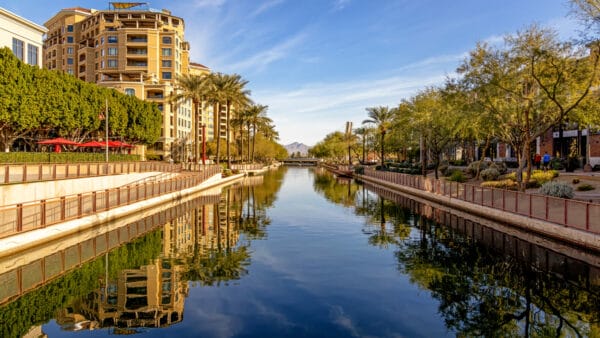By Douglas Rushkoff | The Guardian
As a humanist who writes about the impact of digital technology on our lives, I am often mistaken for a futurist. The people most interested in hiring me for my opinions about technology are usually less concerned with building tools that help people live better lives in the present than they are in identifying the Next Big Thing through which to dominate them in the future. I don’t usually respond to their inquiries. Why help these guys ruin what’s left of the internet, much less civilisation?
Still, sometimes a combination of morbid curiosity and cold hard cash is enough to get me on a stage in front of the tech elite, where I try to talk some sense into them about how their businesses are affecting our lives out here in the real world. That’s how I found myself accepting an invitation to address a group mysteriously described as “ultra-wealthy stakeholders”, out in the middle of the desert.
A limo was waiting for me at the airport. As the sun began to dip over the horizon, I realised I had been in the car for three hours. What sort of wealthy hedge-fund types would drive this far from the airport for a conference? Then I saw it. On a parallel path next to the highway, as if racing against us, a small jet was coming in for a landing on a private airfield. Of course.
The next morning, two men in matching Patagonia fleeces came for me in a golf cart and conveyed me through rocks and underbrush to a meeting hall. They left me to drink coffee and prepare in what I figured was serving as my green room. But instead of me being wired with a microphone or taken to a stage, my audience was brought in to me. They sat around the table and introduced themselves: five super-wealthy guys – yes, all men – from the upper echelon of the tech investing and hedge-fund world. At least two of them were billionaires. After a bit of small talk, I realized they had no interest in the speech I had prepared about the future of technology. They had come to ask questions.






